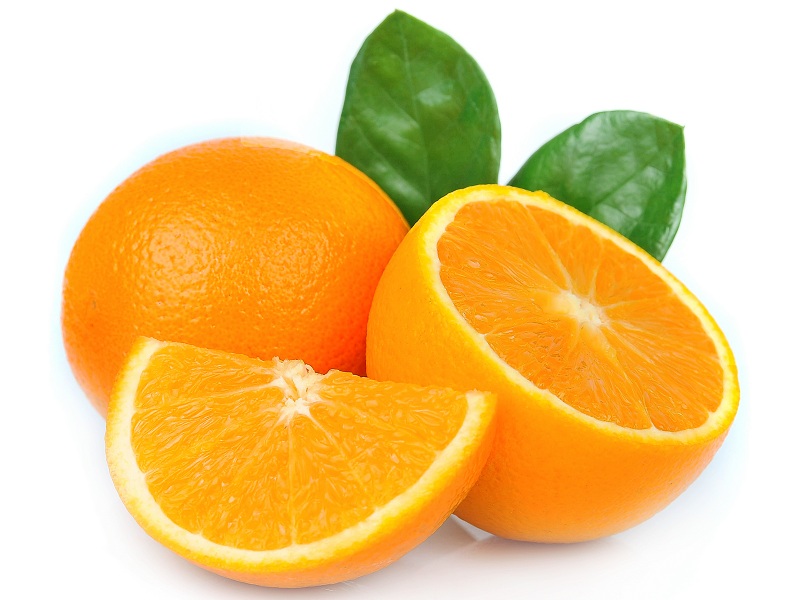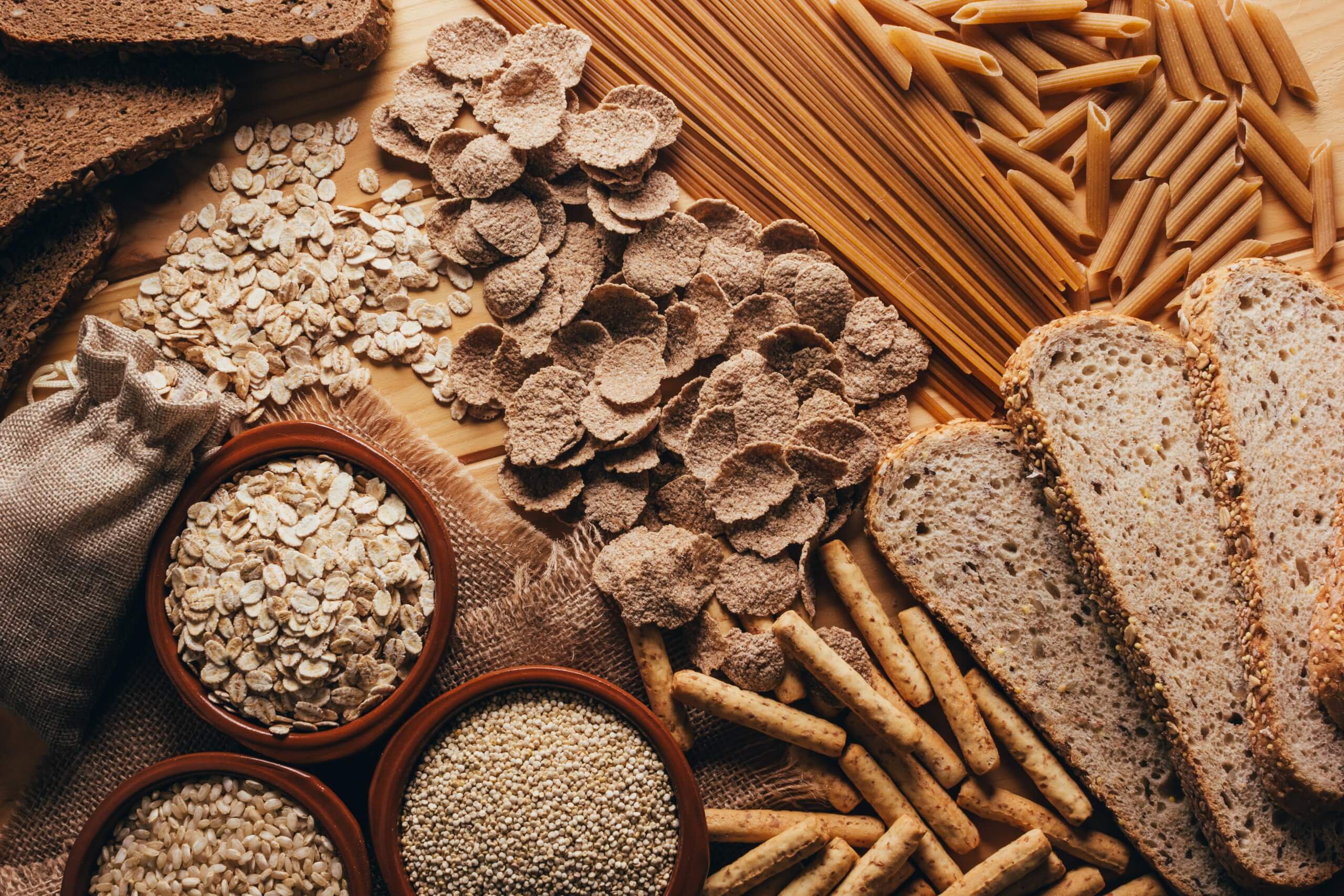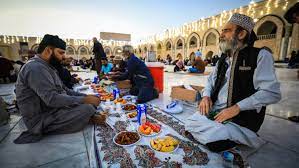Ramadan is a period of spiritual reflection and fasting, and maintaining energy levels throughout the day is crucial for those observing the fast. Nutrition plays a key role in sustaining health and vitality during this time. This article provides a guide to 10 nutritious foods that can help keep you energized during Ramadan, from hydrating fruits to balanced proteins and complex carbohydrates. By incorporating these foods into your Suhoor and Iftar meals, you can ensure a balanced diet that supports your spiritual practices.
Key Takeaways
- Incorporate hydrating foods like watermelon and cucumber into your meals to help maintain hydration levels during Ramadan.
- Choose nutrient-dense foods such as oranges, low-fat yogurt, and whole grains to provide sustained energy throughout the fasting hours.
- Opt for lean proteins to support muscle health and prevent feelings of fatigue as they slowly release energy.
- Include a variety of fruits and vegetables in your diet to ensure you’re getting essential vitamins, minerals, and fiber.
- Focus on consuming complex carbohydrates and healthy fats to keep your energy levels stable and support overall well-being.
1. Watermelon

During Ramzan, staying hydrated and energized is crucial, and watermelon is an excellent choice to help you achieve that. This refreshing fruit is not only high in water content but also packed with essential nutrients that can aid in keeping you hydrated and full of energy throughout your fasting hours.
Watermelon is rich in vitamins such as vitamin A, B6, and C, which are vital for maintaining good health. It also contains lycopene, an antioxidant that has been linked to a lower risk of heart diseases. Here’s a quick look at the nutritional benefits of watermelon:
- High water content helps with hydration
- Contains essential vitamins like A, B6, and C
- Lycopene may contribute to heart health
Watermelon is not just a thirst-quencher, it’s also a nutrient-packed snack that can support your energy levels during Ramzan.
Incorporating watermelon into your Suhoor (pre-dawn meal) or Iftar (meal to break the fast) can be a delightful way to ensure you’re getting the fluids and nutrients your body needs. Whether you enjoy it as a juicy snack or blend it into a refreshing juice, watermelon is a versatile and healthy addition to your Ramzan diet.
2. Cucumber

Cucumbers are a hydrating food perfect for Ramzan, as they help replenish the body’s water content after a day of fasting. Rich in fiber and low in calories, cucumbers support digestion and provide a feeling of fullness without the added weight.
- Hydration: High water content aids in hydration.
- Nutrition: Source of vitamins K, C, and potassium.
- Digestion: Fiber promotes digestive health.
Cucumbers can be a refreshing addition to Iftar meals, contributing to hydration and nutrition without overwhelming the digestive system. Their versatility makes them easy to incorporate into salads or as a standalone snack.
3. Oranges

Oranges are a powerhouse of nutrition, especially during Ramzan, when your body craves hydration and energy. Packed with vitamin C, potassium, and fiber, these citrus fruits are ideal for suhoor and iftar, as they help keep you hydrated and support your immune system.
- Vitamin C aids in the absorption of iron from plant-based foods, which is crucial during fasting.
- The natural sugars in oranges provide a quick source of energy without causing a spike in blood sugar levels.
- Fiber helps maintain digestive health, which can be a concern during Ramzan due to altered eating schedules.
Including oranges in your Ramzan diet can be as simple as having a fresh orange at suhoor or drinking a glass of freshly squeezed orange juice at iftar. Their refreshing taste and health benefits make them an excellent choice for maintaining energy levels throughout the day.
4. Low-Fat Yogurt

During Ramzan, low-fat yogurt can be a refreshing and nourishing choice for suhoor or iftar. It’s a versatile food that pairs well with fruits, nuts, and whole grains, offering a combination of carbohydrates, protein, and probiotics that support digestive health.
- Rich in protein, it helps with feeling full and maintaining muscle mass.
- Calcium and vitamin D: Essential for bone health.
- Probiotics: Aid in digestion and boost the immune system.
Incorporating low-fat yogurt into your Ramzan diet can help you stay energized and hydrated. It’s also a smart option for those looking to manage their weight, as it can satisfy hunger without excessive calories.
Opt for plain low-fat yogurt and add your own fresh fruits or a drizzle of honey to avoid the added sugars found in flavored varieties. This way, you can control the sweetness and make it a healthier part of your meal.
5. Whole Grains

During Ramzan, whole grains are a smart choice for sustained energy. They are packed with fiber, which helps in maintaining a feeling of fullness and aids in digestion, making them ideal for both Suhoor and Iftar meals.
Whole grains such as oats, brown rice, and quinoa are not only nutritious but also versatile. They can be incorporated into a variety of dishes, ensuring that your meals are both satisfying and interesting. Here’s how you can include whole grains in your diet:
- Start your day with oatmeal or whole-grain cereal.
- Opt for brown rice or quinoa in your main dishes.
- Choose whole-grain bread for sandwiches or as a side.
Whole grains provide a slow release of energy, which is crucial when fasting. Their high fiber content is beneficial for digestion and helps regulate blood sugar levels, keeping you energized throughout the day.
Remember to balance your meals with fruits, vegetables, and proteins to ensure a well-rounded diet. Nuts and olives can also be a healthy addition, offering proteins and healthy fats.
6. Lean Proteins

During Ramzan, maintaining energy levels is crucial, and lean proteins are essential for this. They are the building blocks of a healthy body, vital for repairing tissues and building muscle. Opting for lean protein sources can help in weight loss and reduce blood cholesterol levels, making them a perfect fit for the pre-dawn Suhoor meal or the post-sunset Iftar.
Lean proteins to include in your Ramzan diet:
- Skinless chicken breast
- Turkey
- Fish such as salmon, tuna, and mackerel
- Tofu
- Lentils and beans
- Eggs
- Dairy products like low-fat milk and yogurt
By planning your meals with lean proteins, you ensure a balanced diet that supports your fasting and spiritual practices during Ramzan. Remember to pair these proteins with complex carbohydrates and a variety of fruits and vegetables for a complete meal.
Including a variety of lean proteins in your diet not only aids in maintaining muscle mass but also keeps you feeling full longer, which is particularly beneficial during the fasting hours of Ramzan.
7. Fruits

During Ramzan, fruits play a crucial role in maintaining energy levels and hydration. Incorporating a variety of fruits into your Sahoor and Iftar can help sustain you throughout the fasting hours.
Fruits like dates are traditional for breaking the fast due to their natural sugars and essential nutrients. They provide a quick energy boost and are rich in potassium and magnesium. Other fruits such as apples, oranges, and bananas offer a range of vitamins, minerals, and fiber that are vital for overall health.
To optimize your fruit intake, consider creating a fruit platter with sliced oranges, apples, and grapes for Iftar. This not only satisfies your sweet tooth but also ensures you’re getting a spectrum of nutrients.
Remember to balance your fruit consumption with other food groups to maintain a well-rounded diet. Here’s a simple list of fruits to include during Ramzan:
- Dates
- Apples
- Oranges
- Bananas
- Berries
With its high water content, watermelon is a refreshing choice that can alleviate thirst, especially during Sahoor.
8. Vegetables

During Ramzan, maintaining a balanced diet is crucial, and vegetables play a vital role in this. They are not only low in calories but also high in vitamins, minerals, and fiber, which are essential for sustaining energy levels and overall health. A variety of colorful vegetables should be included in your meals to ensure a wide range of nutrients.
For a balanced Iftar, consider the following proportions for your plate:
- Half of your plate: Non-starchy vegetables or a salad
- A quarter of your plate: Complex carbohydrates (fiber-rich)
- The remaining quarter: Protein sources (chicken, beef, etc.)
Remember, the key is to include a variety of vegetables to cover the spectrum of nutritional needs. Opt for spinach, carrots, tomatoes, and bell peppers to create a nutrient-dense meal that supports your body during the fasting period.
It’s also important to be mindful of the foods to avoid. Overly processed or fried vegetables can negate the health benefits and lead to feelings of sluggishness. Instead, focus on fresh or lightly cooked vegetables to retain their nutritional value and keep you feeling full and energized.
9. Healthy Fats

During Ramzan, it’s crucial to include healthy fats in your diet to maintain energy levels throughout the day. These fats are not only a concentrated source of energy but also help in the absorption of vitamins and support brain health.
Healthy fats can be found in a variety of foods:
- Nuts, such as almonds and walnuts
- Seeds, like flaxseeds and chia seeds
- Avocados
- Olive oil
Consuming moderate amounts of these foods can provide the necessary fats without overindulging. It’s important to balance quantity with quality to avoid excessive calorie intake.
Nutrition trends for 2024 emphasize the importance of fresh foods and nutrients like protein, fiber, and magnesium, which are all present in foods rich in healthy fats. Including these in your Suhoor (pre-dawn meal) or Iftar (meal to break the fast) can contribute to a more balanced diet and better overall health during the fasting period.
10. Complex Carbohydrates

During Ramzan, maintaining energy levels is crucial, and complex carbohydrates are key to sustained energy. Unlike simple carbs, they break down slowly, providing a steady release of energy that is essential for the long fasting hours.
Complex carbohydrates should be included in both Suhoor (pre-dawn meal) and Iftar (meal to break the fast) for optimal energy throughout the day. Here are some nutritious sources of complex carbohydrates:
- Whole grains like brown rice, whole wheat bread, and oats
- Legumes such as lentils, chickpeas, and beans
- Starchy vegetables including sweet potatoes, potatoes, and corn
By incorporating these foods into your meals, you can help prevent hunger and fatigue during the fasting period.
For example, a balanced Suhoor could consist of oatmeal made with low-fat milk, topped with a handful of nuts and fresh fruit. This combination provides a good balance of complex carbohydrates, protein, and healthy fats to keep you feeling full and energized until Iftar.
Conclusion
As we conclude our exploration of nutritious foods to keep you energized during Ramzan, it’s clear that maintaining a balanced diet and staying hydrated are paramount. By incorporating a variety of nutrient-dense foods, practicing portion control, and ensuring adequate hydration, you can support your body’s needs throughout this holy month. Embrace the spiritual journey of Ramzan with a mindful approach to eating, focusing on whole grains, lean proteins, fruits, vegetables, and healthy fats. Avoid excessive consumption of fried and sugary foods, and remember to engage in light physical activity during non-fasting hours. By following these tips, you can honor the essence of Ramzan while nurturing your body and spirit.
Frequently Asked Questions
How can I stay hydrated during Ramadan?
To stay hydrated during Ramadan, drink plenty of water during non-fasting hours, incorporate water-rich foods like fruits and vegetables into your meals, and limit your intake of caffeinated beverages.
What are some tips for healthy eating during Ramadan?
For healthy eating during Ramadan, aim to eat a balanced diet with a variety of nutrient-dense foods, practice portion control, prepare meals in advance, and limit fried and sugary foods.
Why is it important to include fruits like watermelon and oranges in my Ramadan diet?
Fruits like watermelon and oranges are high in water content, which helps with hydration. They also provide essential vitamins and minerals that can help maintain energy levels during fasting.
What type of physical activity is recommended during Ramadan?
Light exercise such as walking or stretching is recommended during non-fasting hours to stay active and maintain overall health without overexerting yourself.
How can I ensure my meals are balanced during Ramadan?
Use the healthy plate model to balance your meals, including whole grains, lean proteins, fruits, vegetables, and healthy fats. Also, drink enough water and add electrolytes as needed.
What are the spiritual benefits of fasting during Ramadan?
Fasting during Ramadan offers spiritual benefits such as self-discipline, physical cleansing, and the opportunity for spiritual renewal and deeper religious practice.
Blogs you should also read How To Use AI In Busniess | Top Highest Paid Actors In India | Upcoming Solar Eclipse, April 8 2024







